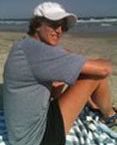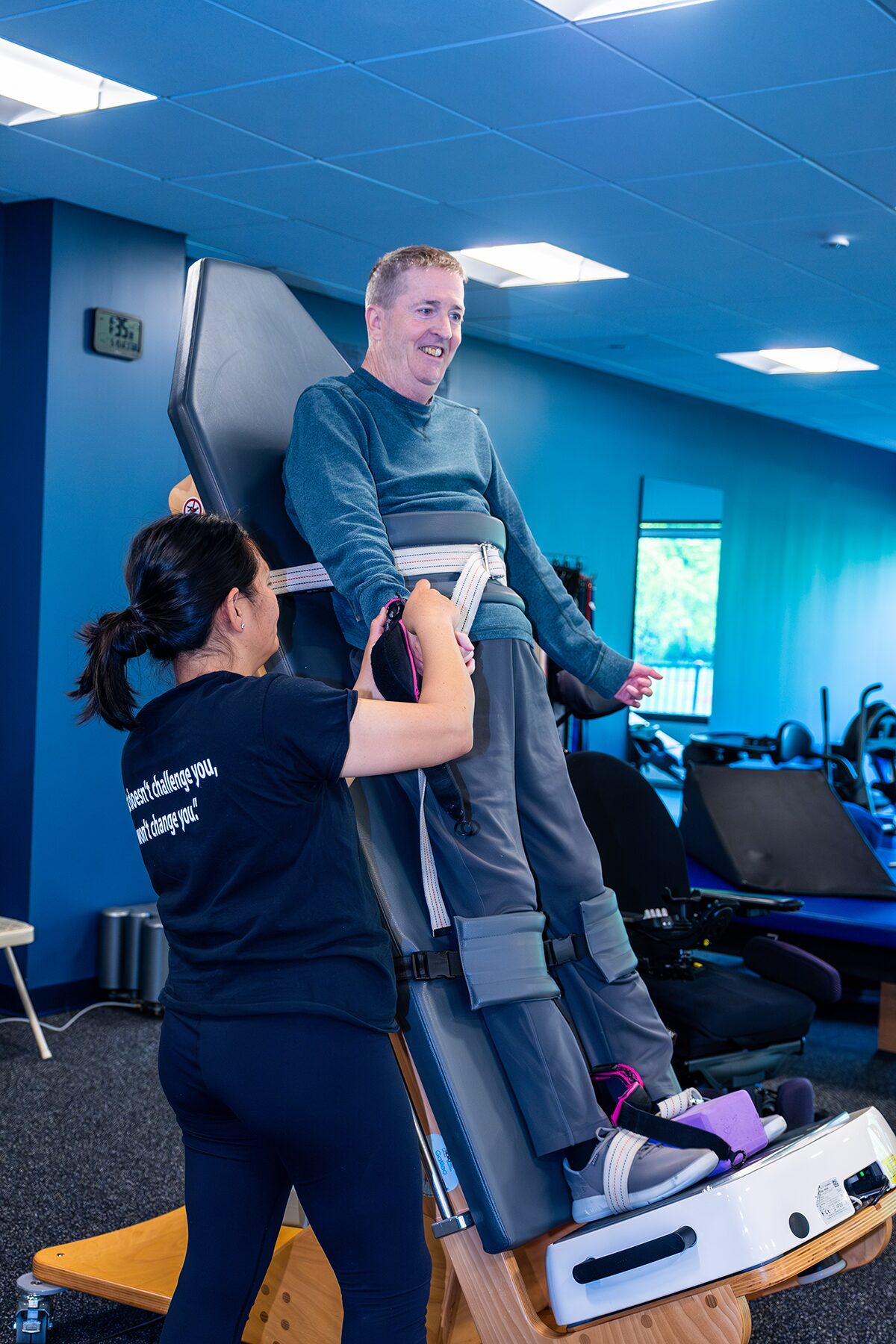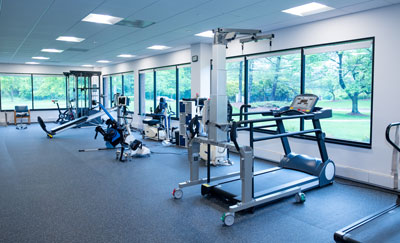Debby was a senior leader at a large financial and public policy institution in NYC. In 1996 she began experiencing dizziness, compromised sensation in her feet and legs, and visual disturbances, particularly at work and on the tennis court. An MRI and various other neurological tests revealed that she likely had multiple sclerosis (MS) but she went back to regular activities. The symptoms worsened slowly, yet by 1999, her balance was diminishing along with an increase in levels of physical exhaustion and leg weakness. She began medication for MS and continued to work full time while still participating in the sports she loved, tennis (basketball, cycling, golf) chief among them and musical pursuits (flute, guitar).
By 2000, ambulating down staircases became more difficult to navigate, her ability to run, jump, cycle and balance properly began to fail and leg weakness (and gait issues) became much more noticeable and problematic. And in 2002, she broke her leg in a fall and declined steadily in balance and movement from then on. Debby worked full time and focused mostly on her career, which continued largely unabated, including much travel (internationally as well as domestically) and long hours, while slowing down rapidly in physical “extra-curricular” activities. Debby had moved her athletic focus to golf and continued playing generally well in her spare time, but more and more with a cart. Her musical pursuits had continued but with developing weakness and numbness in her hands and arms, her abilities to play the flute and guitar became severely compromised.
Commuting from NJ to lower Manhattan daily became more difficult as time went on and an accommodating work environment helped to prolong the challenging and meaningful career she loved. She was able to contribute strongly despite the many difficult medications and treatments that ensued. But by the end of 2012, circumstances changed such that Debby took a leave from her career and became focused on her own physical well being.
Debby was able to remain as strong as possible through physical therapy at her neurologist’s practice, outside physical therapy at a neurological rehab center and then at Push to Walk. Debby’s family has been very supportive throughout her life and intensely so through her managing MS. Her husband has been her primary care giver and cheerleader and has helped her to maintain a great quality of life.
Push to Walk has been an amazing source of strength. The trainers have always come up with new and fun ways of exercising the areas that are most related to gait and balance and they provide guidance and enormous support during her sessions. She also works out at home using similar exercises that can be done safely without their hands-on guidance.
Debby and her husband have modified their home slowly. They have smoothed out their home’s entrance-ways so that there are no steps involved in getting in and out of the house. She has a grab bar and seat in the shower. She has started to use more mobility devices and accepts help when needing to traverse longer distances. Accepting help was not one of Debby’s strong suits, but she is getting pretty used to being pushed in a transfer chair when going to sporting or music events (or in Costco). She has continued towards her goal of seeing a game at all thirty Major League baseball stadiums (halfway done as of July 2014).
Debby has participated in a few of the Push to Walk activities and has been particularly drawn to adaptive tennis and sled hockey, the latter particularly fun as it is in a cold climate (as heat is very detrimental to MS symptoms). She looks forward to maintaining her current strength levels despite the degenerative attributes of MS and hopes to be able to walk further and quicker as a result of her sessions at Push to Walk. And should a cure or symptom modifying medical advance for MS materialize, Push to Walk will have made it possible for Debby to take advantage.




